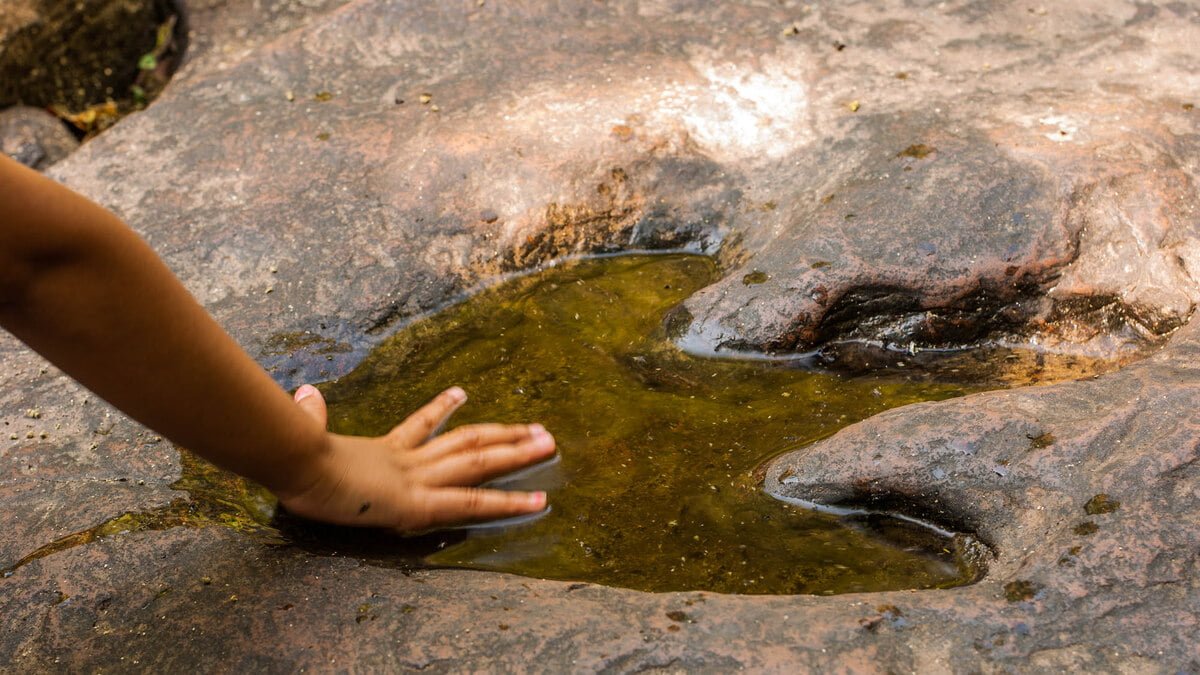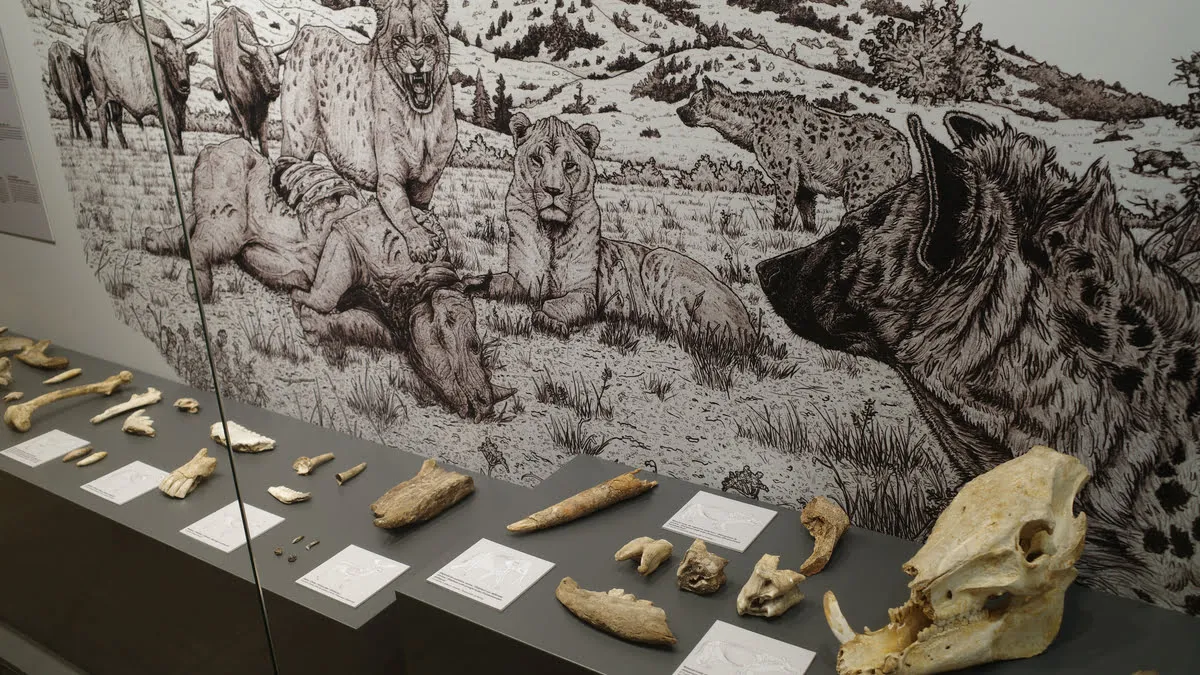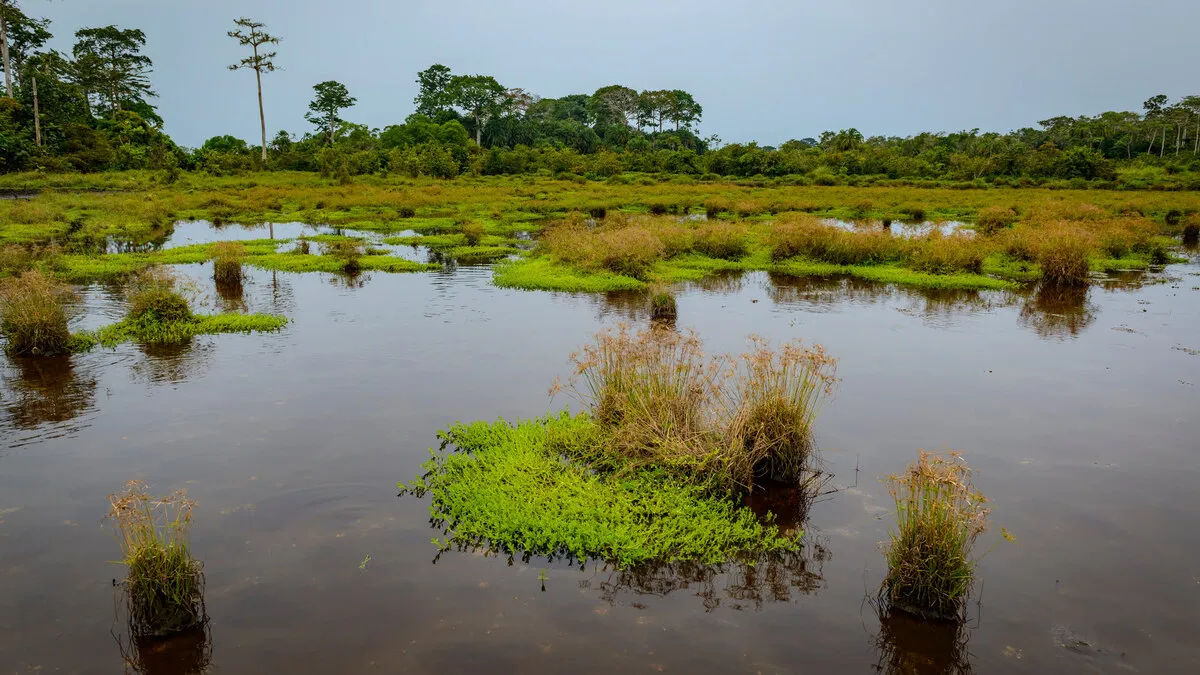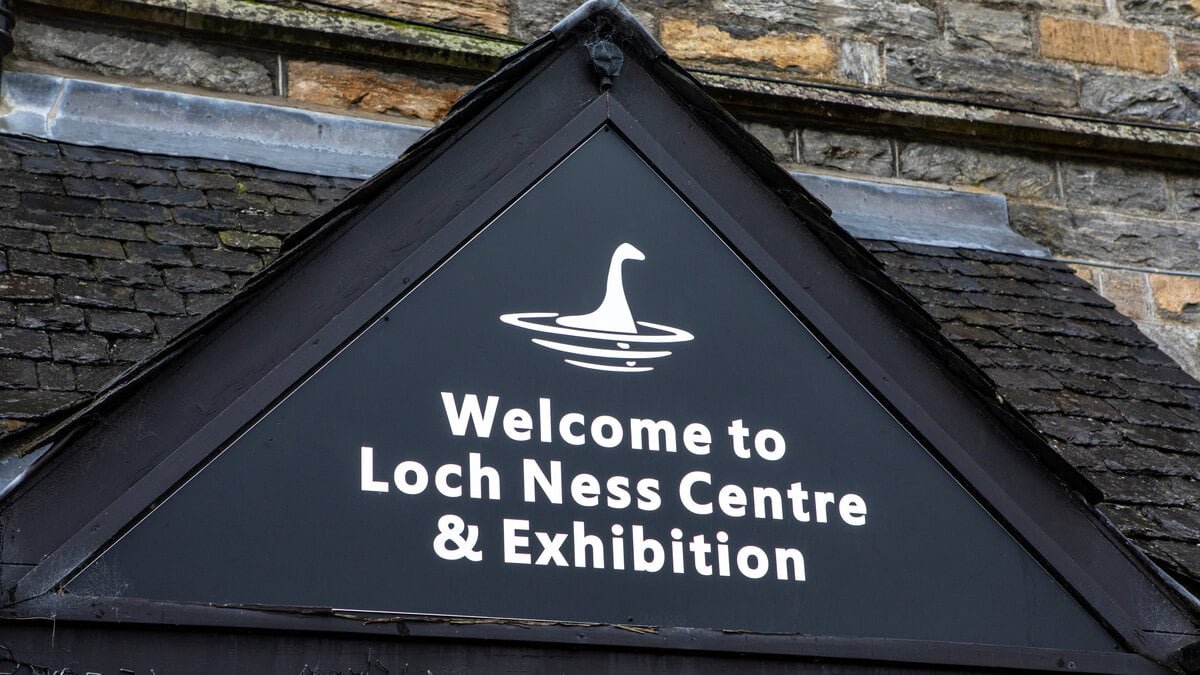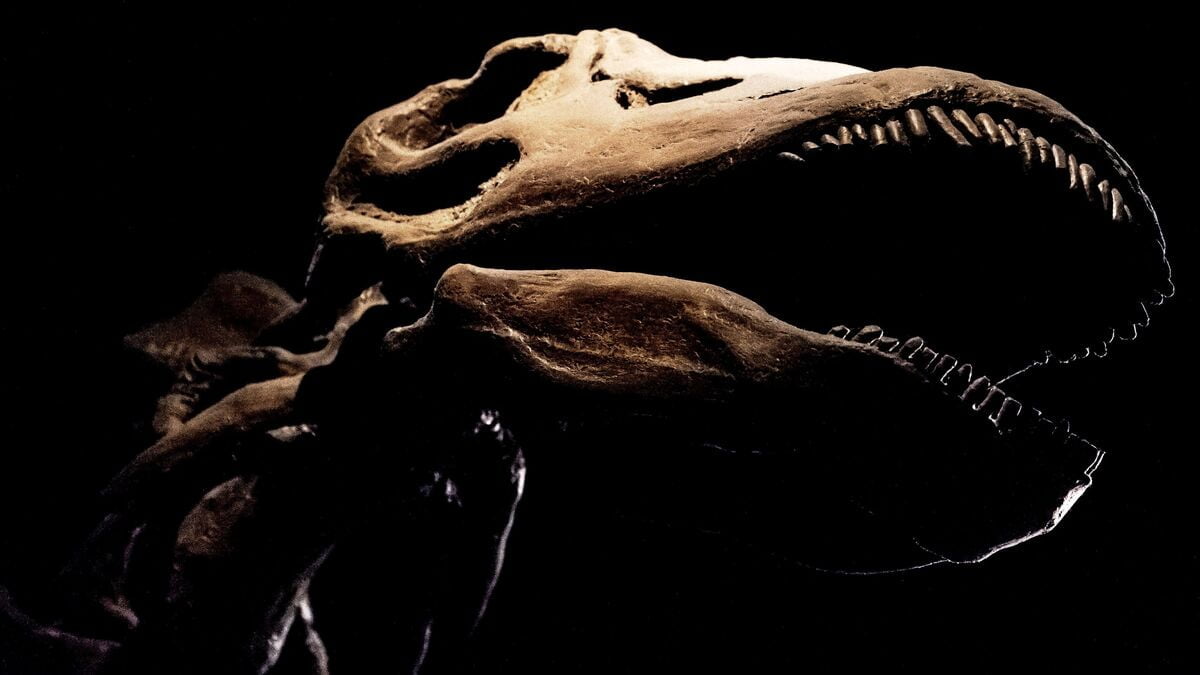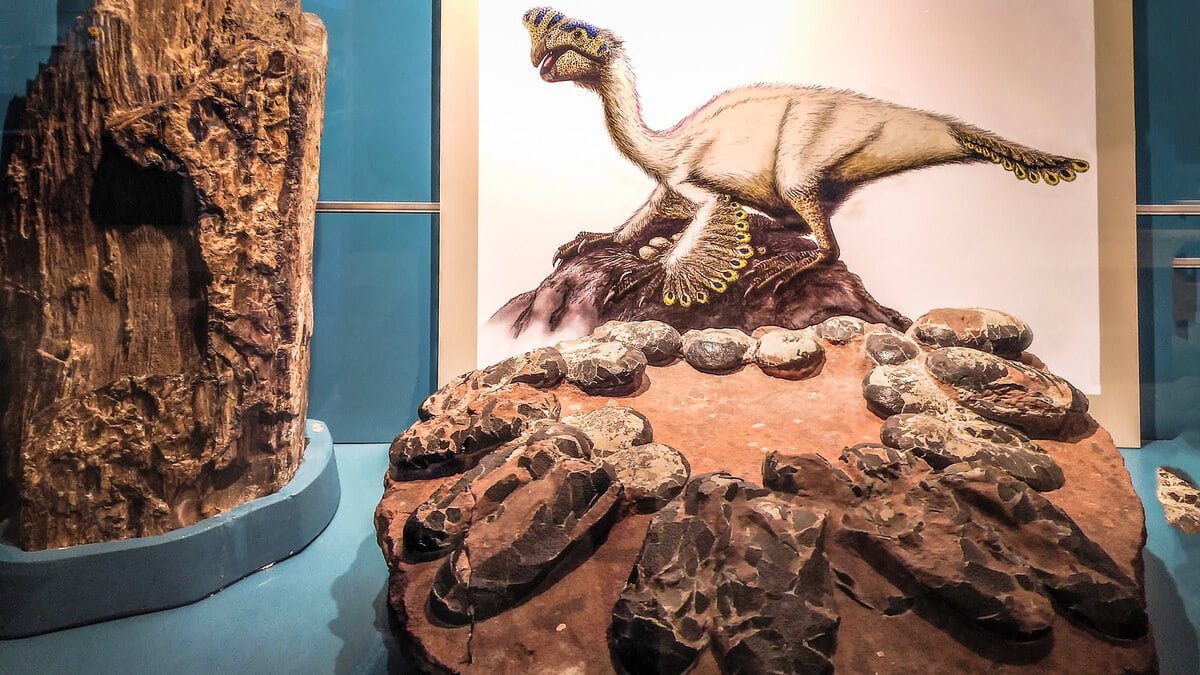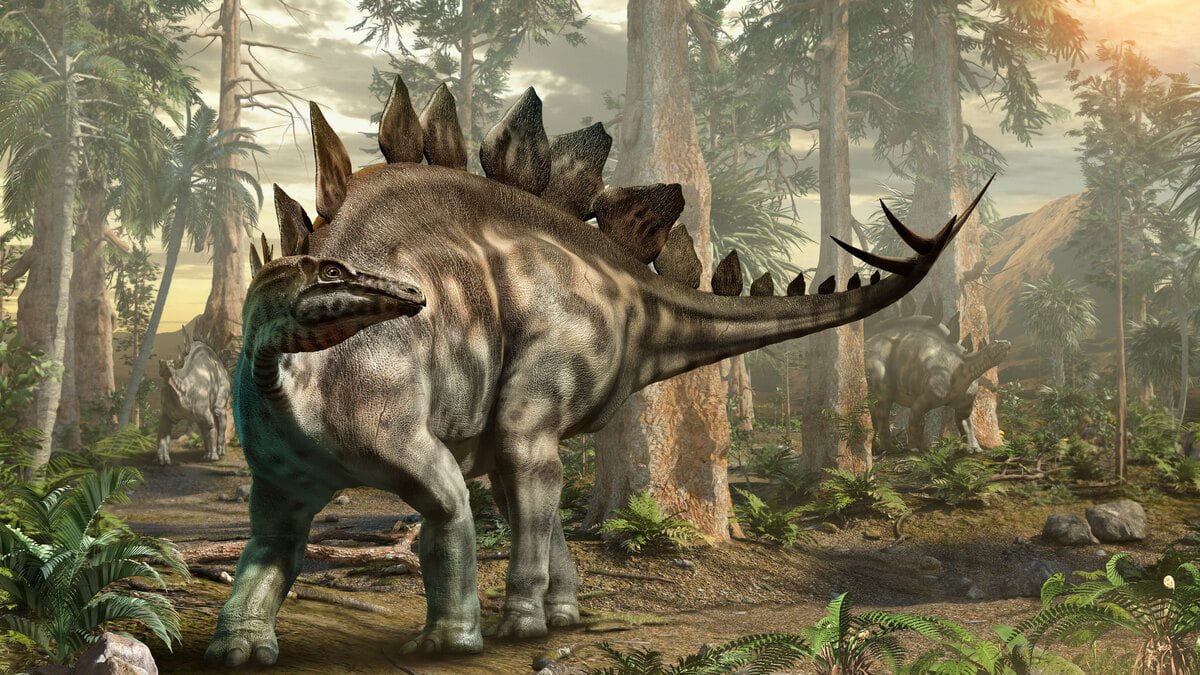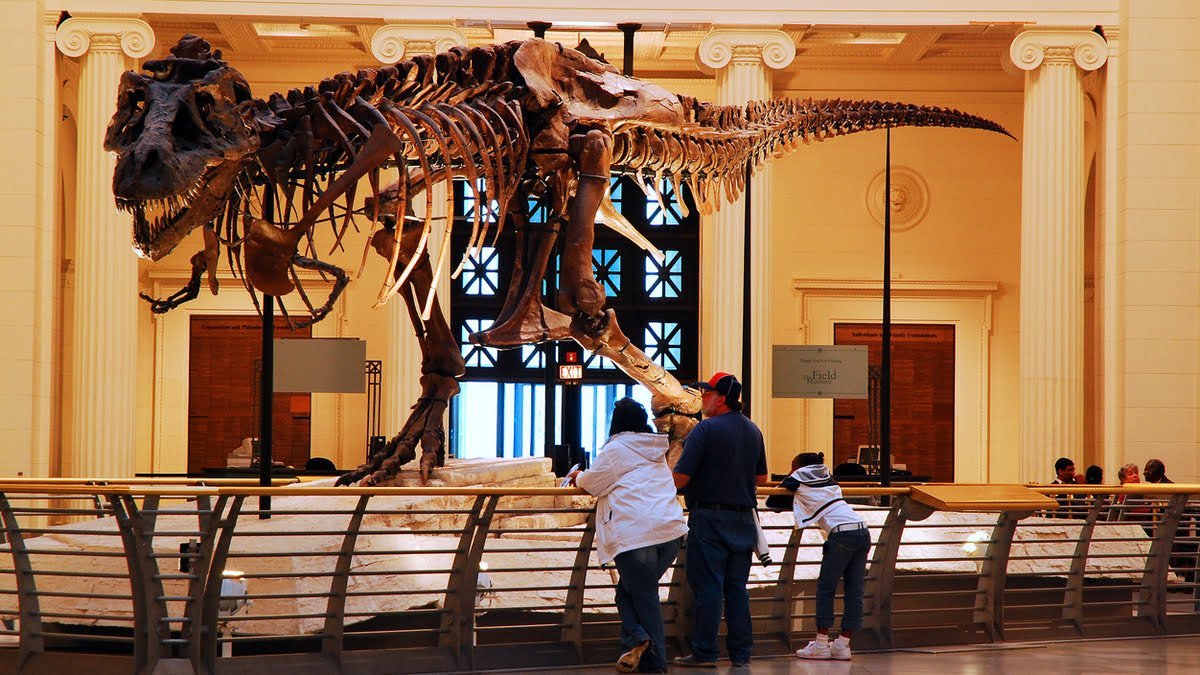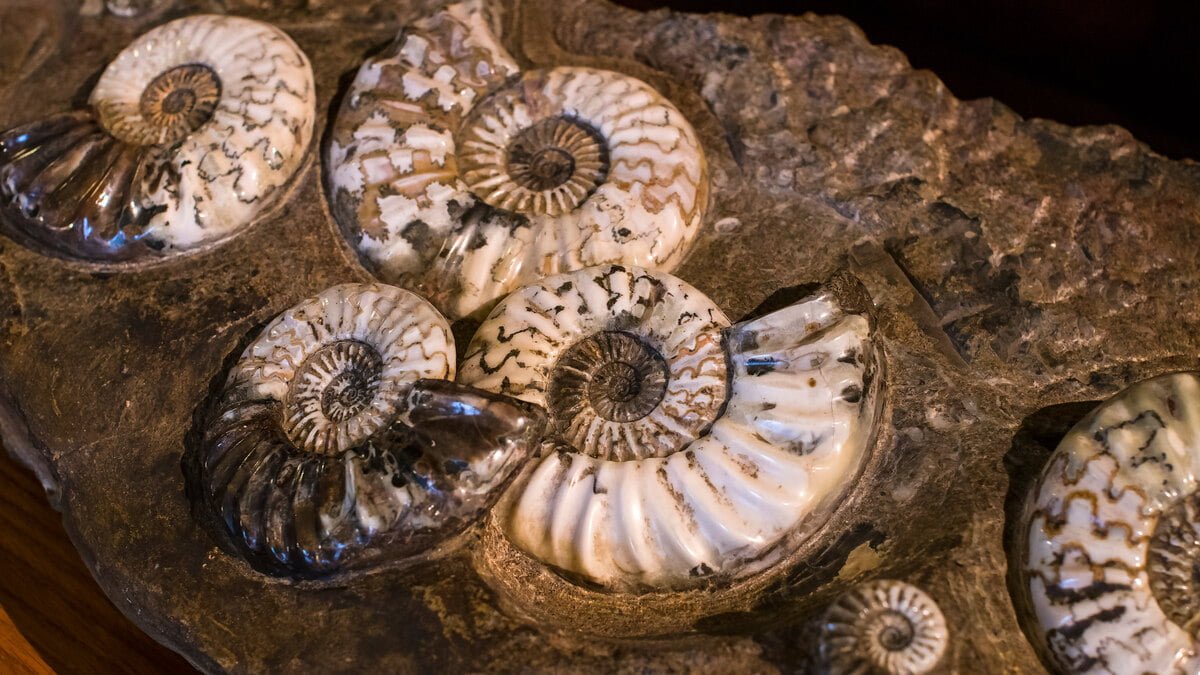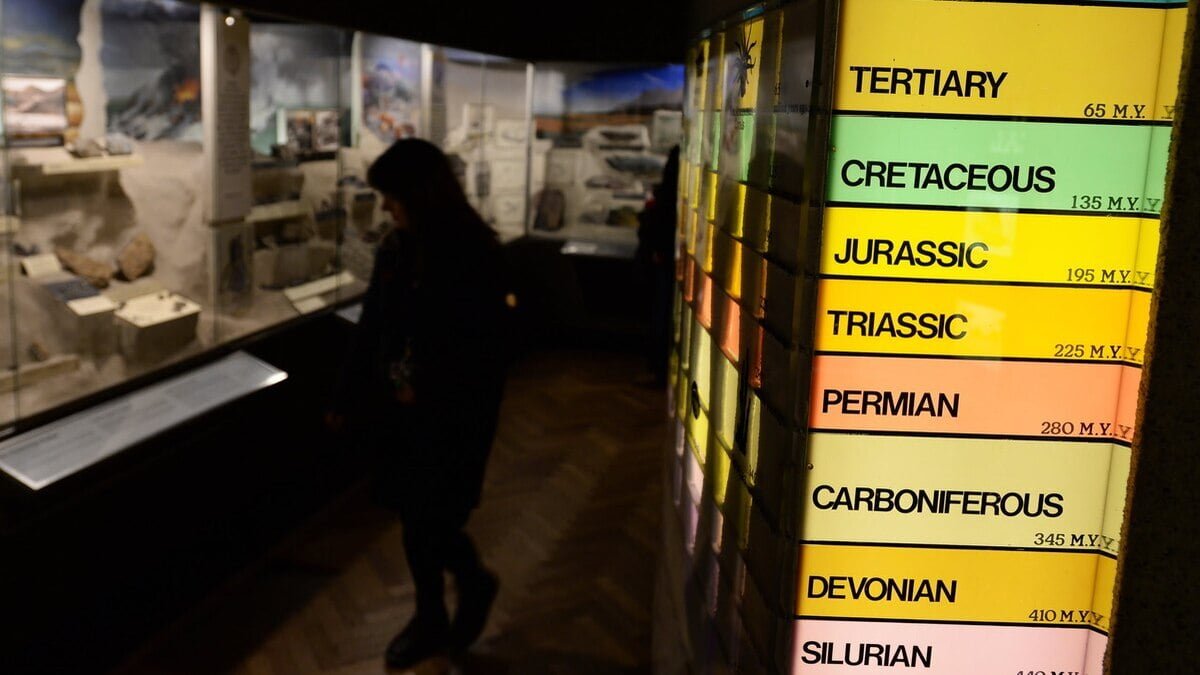Why Were Dinosaurs Discovered So Late?
Most of us know that humans and dinosaurs did not coexist. So when did people first know about dinosaurs? 2024 marks 200 years since the first dinosaur was described. That sounds kind of late given how long our species has been around. Why were dinosaurs discovered so late? Dinosaurs were first scientifically recognized in the early 19th century. William Buckland … Continue Reading

